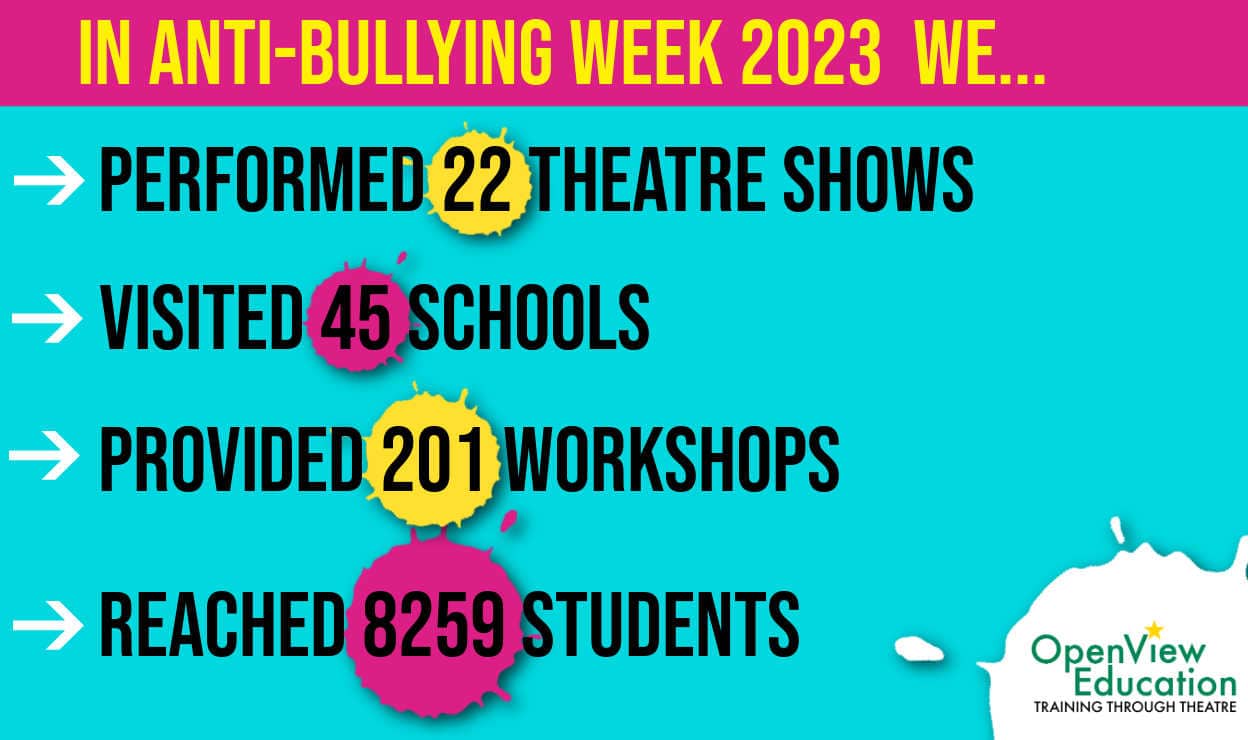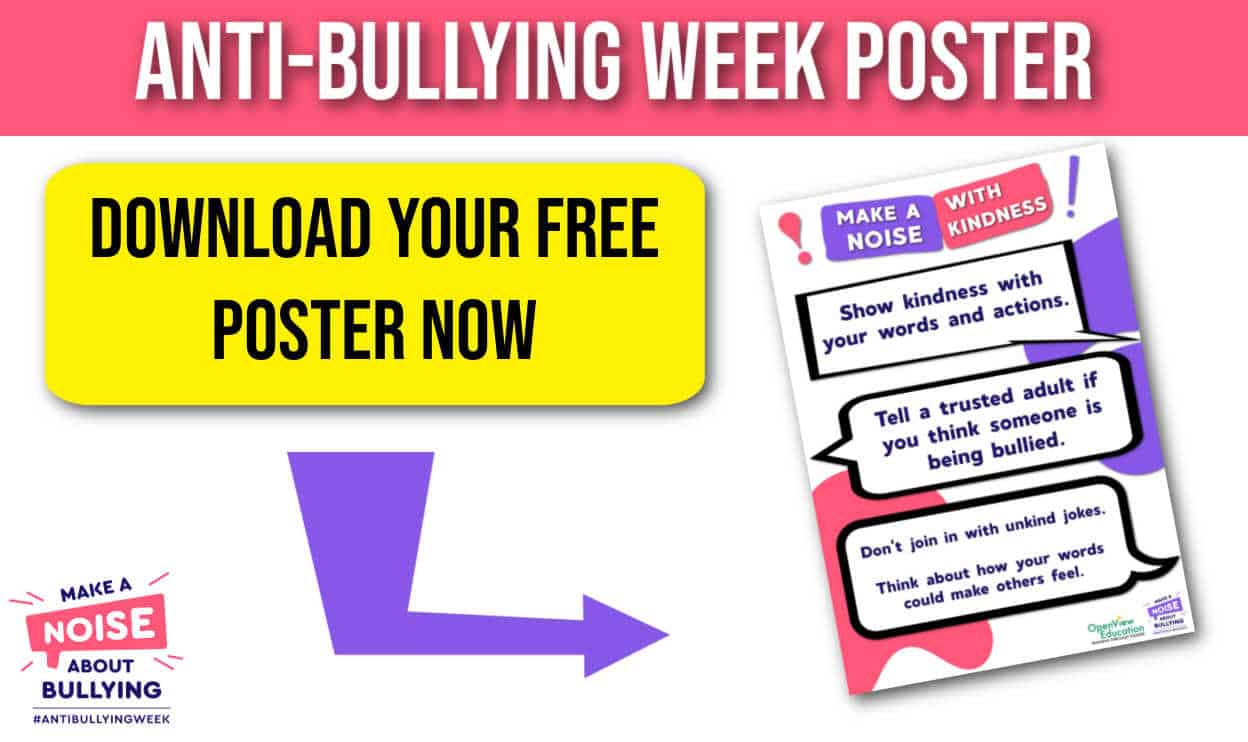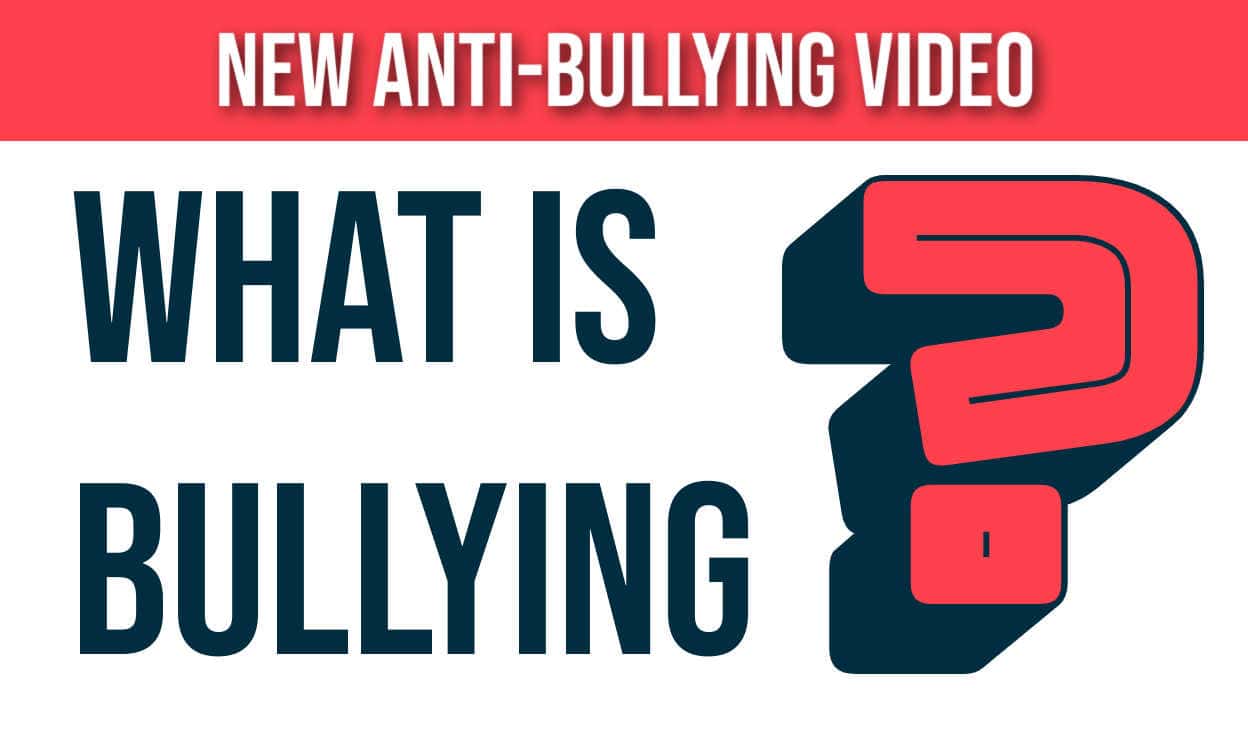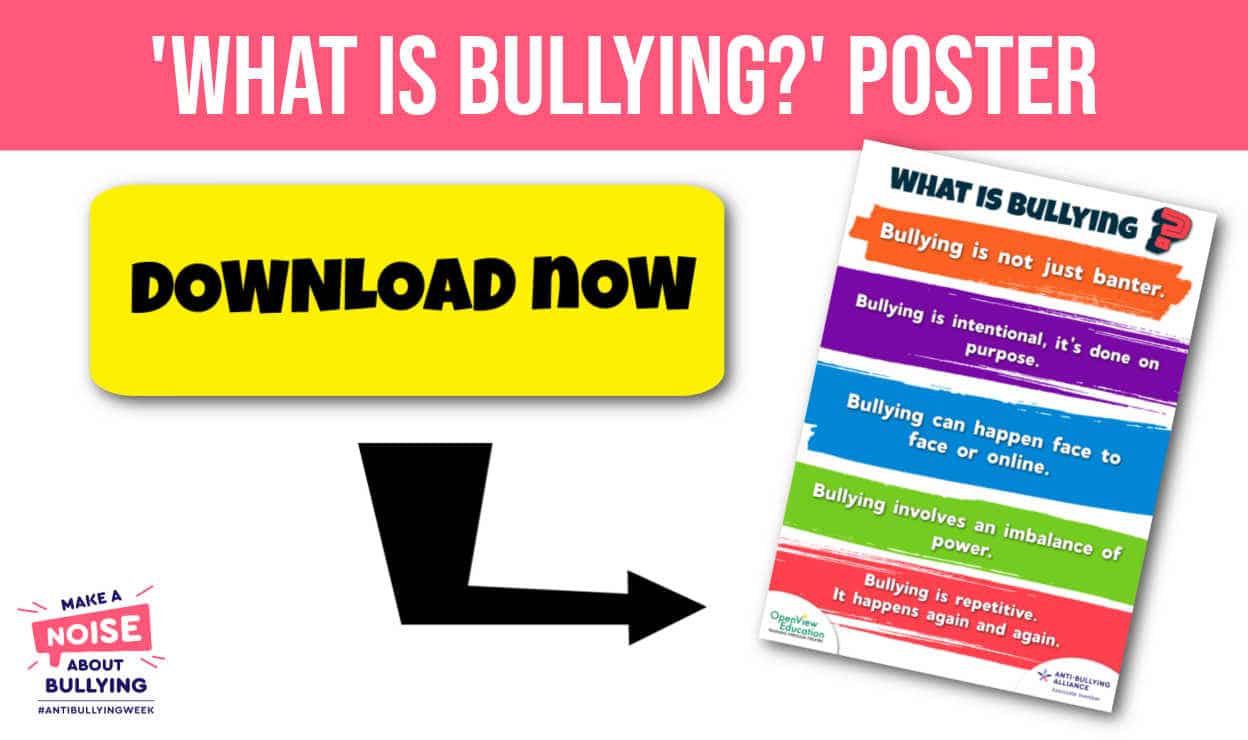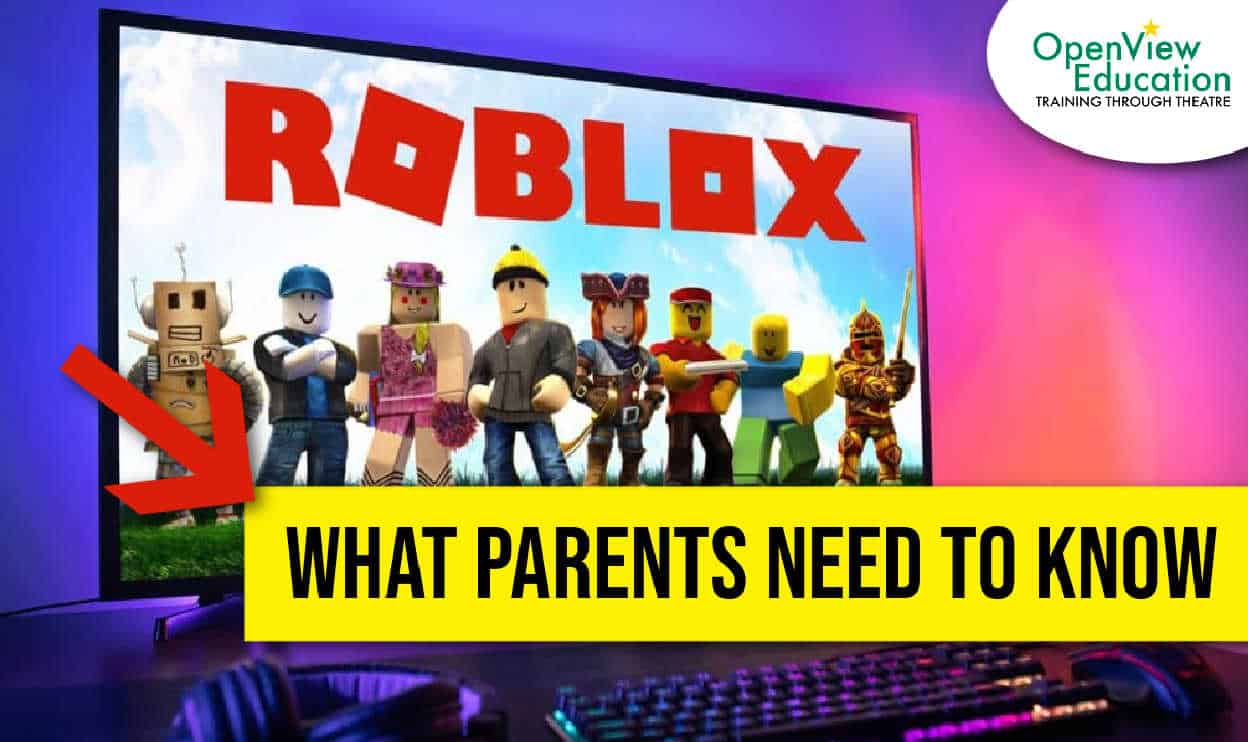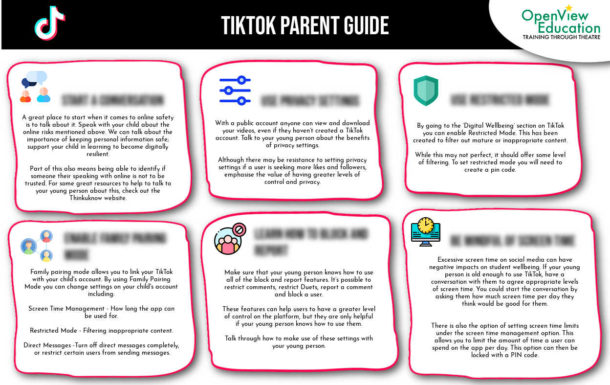Did you know, the most popular online activity for children and young people is watching videos? More than ever before, social media influencers play a big part in shaping the opinions and views of young people.
Some of these influencers are positive, providing relatable and relevant information for a wide range of interests. But the popularity of influencers can also bring certain risks.
In this video we share what parents and carers need to know about influencers:
Pressure to buy things
Influencers can create a pressure to buy things. One of the main ways influencers make money is through brand partnerships and sponsored content.
Through watching their favourite influencers children and young people may be exposed to a lot of advertising. This can promote a materialistic attitude and increase their desire to always have the latest product.
Negative self comparisons
Influencers can cause us to make negative self comparisons. Influencers choose what they share, and what they don’t share. This means influencers can put forward an image of their life that looks ‘perfect’ to the outside world.
This can cause young people to have unrealistic expectations about their body image and to feel worse about the way they look.
Copying their role-models
Young people may copy their role-models. Drawing inspiration from their favourite influencers, children and young people may be encouraged to share more of their own life online.
This could result in sharing personal information and putting them at increased risk of cyberbullying or contact from strangers online.
So what can parents and carers do?
1. Have a chat about it.
Talk to your child about the videos they watch on social media, and who they are following. Encourage critical thinking about what they are watching. You could talk about how influencers make money through advertising and promoting products.
Listen to any concerns your child has about what they have seen online.
2. Set Boundaries
Set some boundaries around the amount of screen time for social media, age limits and agree appropriate use of privacy settings. How you go about this will depend on the age of your child. Having some boundaries in place can support healthy digital habits.
3. Promote Healthy Body Image
Talk about how the images and videos we see from influencers are not always realistic. Talk about how videos and pictures can be edited to look a certain way.
4. Help them to Be Ad Savvy
Sometimes it’s difficult to tell if an influencer is promoting a product because they have been paid. Talk to your child about how they can tell if a video or post includes a paid advertisement. Look at a few examples, and see if you can find some paid promotions on the channels they watch.
At OpenView Education we provide online safety workshops and training for schools. To arrange a workshop for your school, send us an email to info@openvieweducation.co.uk.
